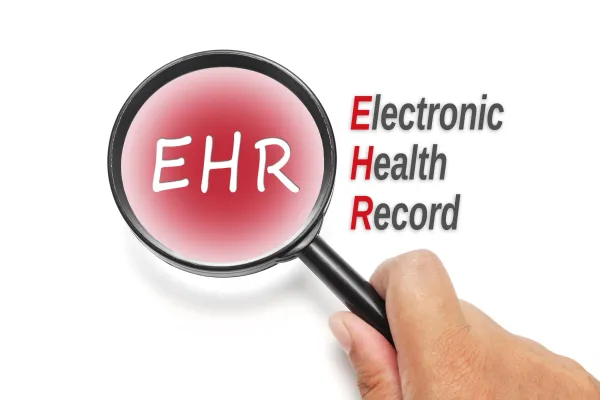
Question: Our ASC is looking into buying an EHR so that we can gear ourselves up to compete with HOPDs over the long term. But we can’t find a CHERT system. Do you have any advice for how we can compile a shortlist of reliable vendors?
Answer: Although some vendors offer ASC-specific EHR systems, there is currently no ONC-certified (CEHRT) system available specifically for ASCs, according to Ashley Wise, MBA, who spoke to ASC administrators about technology at the ASCA 2017 Annual Meeting in May. CEHRT stands for “certified electronic health record technology” and the fact that there is no CEHRT system for ASCs is one reason why ASCs have been exempt from the meaningful use penalties that physician practices have faced for years, Wise explained.
The good news: There are “many more vendors than 2-3 years ago, [a] rush to market for small ASC-focused vendors, [and a] push from major IT vendors to compete for ASC business,” Wise told ASCA attendees.
Wise recommends these steps for ASCs looking to purchase and implement an EHR:
Look for a system that is ASC-specific, or at the very least, is able to be customized to the ASC setting. Workflows in an ASC are much different than those in a hospital or physician practice, and an ASC-specific system will allow you to track things — like case costing — that practice-oriented EHRs won’t.
Choose a system that can integrate with your physicians’ practices. That way, your center can obtain things like physician orders, H&Ps, and consent forms directly from the practice instead of the patient having to fill them out again. Remember, physicians need to be able to send such information to the ASC in a HIPAA-approved (that is, encrypted) way — faxing is no longer acceptable.
Sort the wheat from the chaff. One of the biggest frustrations in the ASC market, according to Wise, is that vendors are still trying to shift their tools to work effectively to address the unique needs of the ASC space. There are lots of niche players and solutions catering to ASCs, but also frequent mergers and acquisitions of those small platforms, she notes.
Because you can’t rely on an ONC certification, you’ll need to look to other sources. Wise recommends KLAS, a non-profit research team that conducts healthcare technology vendor evaluations (www.klasresearch.com).
Do your due diligence to make sure the vendors you are looking at are doing what they say they are doing. “If they say their tool is in 30 facilities, well, what facilities?” Wise asks. Vendors can’t or won’t always release their client lists, but you should ask anyway.
If you can find someone who is using the tool, say, through a professional organization or even industry message boards, try to have a conversation with that person. The more you can actually talk to current clients, the better you can make an evaluation, notes Wise. That’s not to say you won’t ever encounter unanticipated issues, she is careful to note. “You may let some ‘not great’ vendors through, but you will at least be able to eliminate some with huge red flags,” she says.
Keep a scorecard while you shop. “It’s easy to get lost in demos if you don’t have something like this to guide your conversation,” Wise warns. It can be a complex spreadsheet, or just a piece of paper—it’s the process that’s important. A useful vendor scorecard should include at least the following components:
“During vendor demos, have all your key stakeholders fill out a scorecard [for] each solution. Compile the results and have a meeting to discuss the scores and agree on a solution,” Wise suggests.
